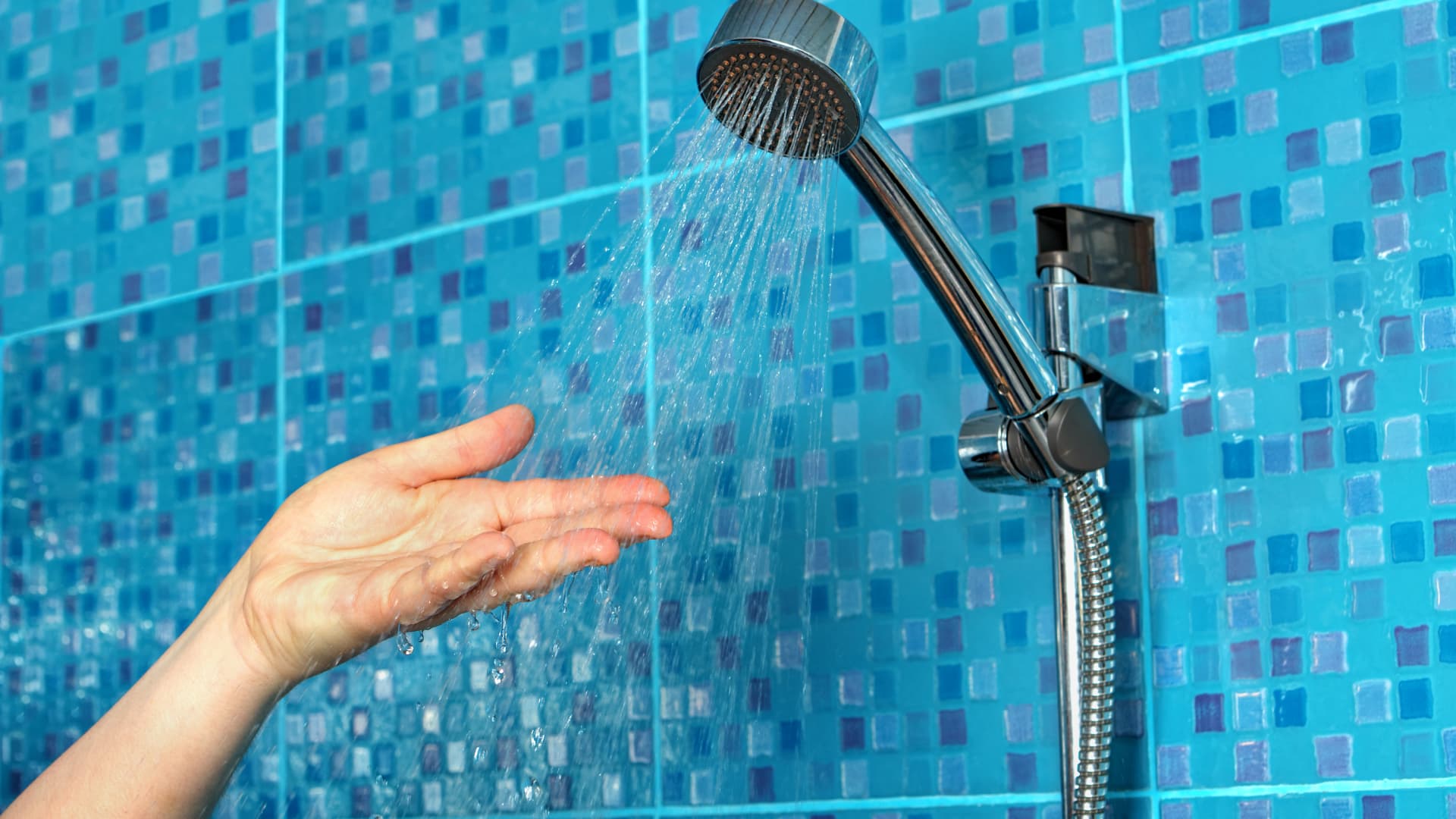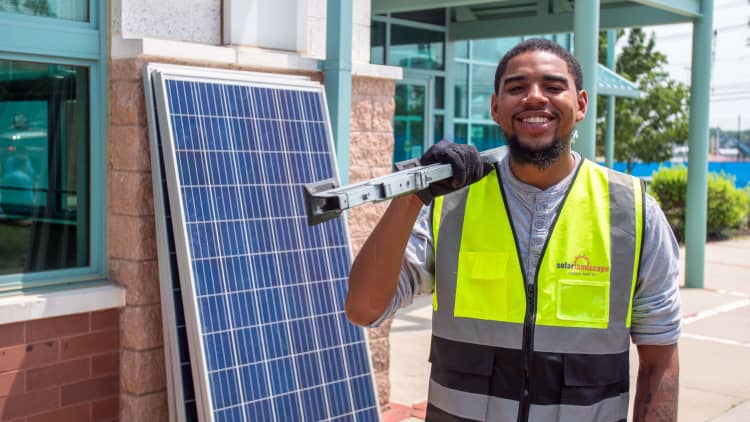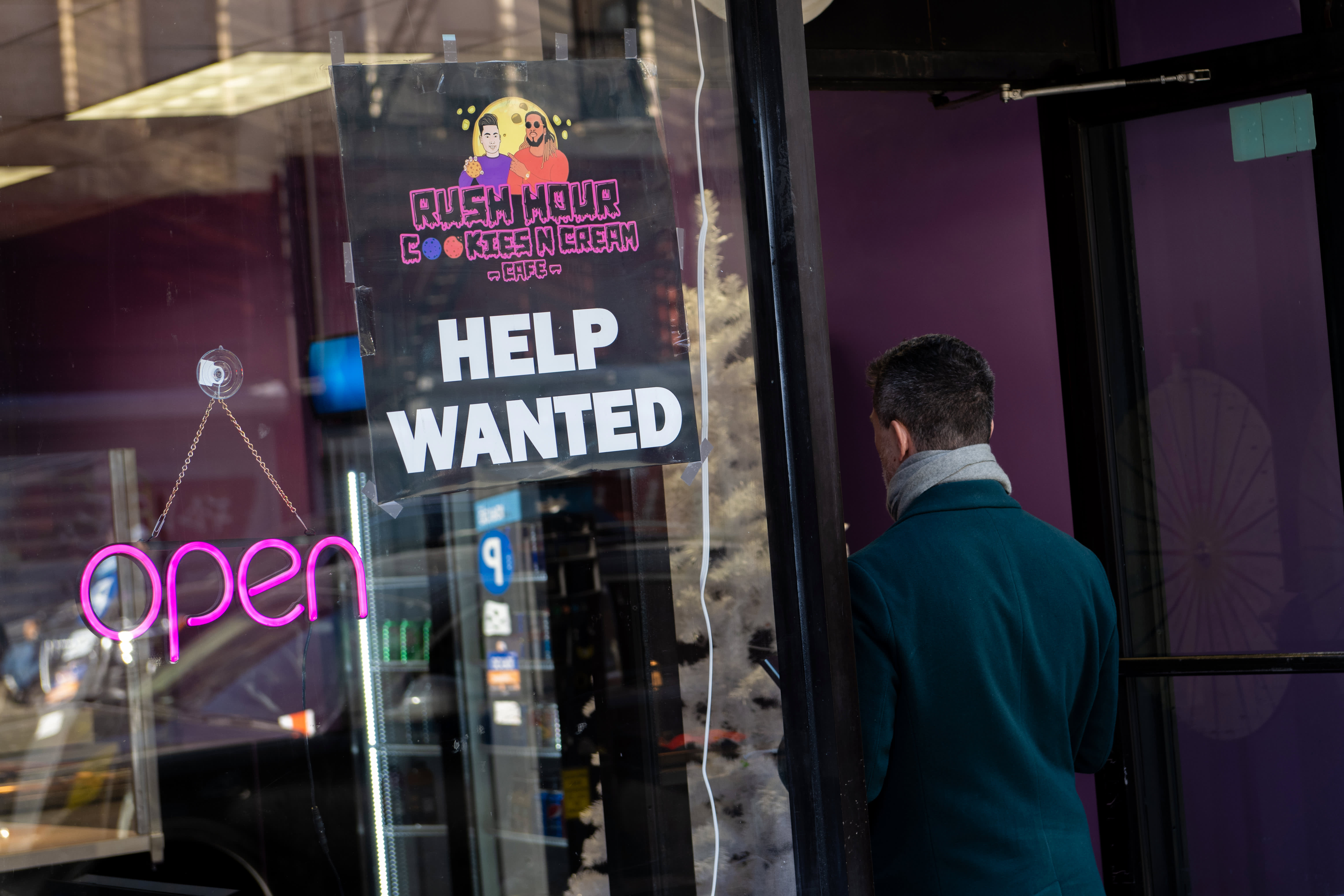Avoid doing these 5 activities at home during a thunderstorm, says a meteorologist and storm chaser
Lightning can be dangerous when you're at home, too. Avoid showering and these other activities indoors during a storm, says founder of New York Metro Weather.

When it's raining outside and thunder follows, it's likely that lightning is pretty close behind and there are some places you shouldn't be for your own safety — mostly outdoors.
"When thunder roars, go indoors and stay there for 30 minutes after the last clap of thunder," the National Weather Service advises in its lightning safety rules. The greatest potential harm during a thunderstorm is lightning.
You might think getting struck by lightning is only possible if you're outside, and that you're completely safe as long as you're at home, but that isn't always the case, according to the Centers for Disease Control and Prevention.
The agency reports that "about one-third of lightning-strike injuries occur indoors."
And while you may have seen advice against showering during a thunderstorm trending in the news, there are other activities you should avoid doing at home until after a storm passes as well, according to John Homenuk, a meteorologist and founder of New York Metro Weather.
5 activities to avoid at home during a thunderstorm
Homenuk, the National Weather Service and the CDC all recommend avoiding doing these activities at home during a lightning storm:
Taking a showerWashing dishesStanding near windows, doors, porches and concreteTouching electronic equipment connected to an electrical outlet (i.e. computers, laptops, game systems, washers, dryers or stoves)Using corded phonesStay away from water
As a starting point, Homenuk warns against being near or in water during a thunderstorm.
Showering, bathing or washing dishes can all pose a risk if lightning is occurring near your home.
"When lightning happens, it generally travels on the path of least resistance, which is often going to take it into metal which can go through the pipes," he says. "And obviously that would not be great if you were in the shower."
The CDC states that the risk of lightning traveling through your plumbing is lower for those with plastic pipes as opposed to metal pipes.
However, the agency still advises you to "avoid any contact with plumbing and running water during a lightning storm to reduce your risk of being struck."
Washing dishes may pose a lower risk than taking a bath or a shower because your whole body isn't submerged in water or standing directly under a metal showerhead as the pipes are running, says Homenuk.
"But still, generally if you can, you [should] wait for the storm to pass instead of utilizing the water and the pipes that can be a pathway for that electricity to travel," he notes.
These are the safest places to be indoors and out
Consider these criteria when deciding where to wait out a storm indoors, Homenuk says:
Is the building sturdy?Am I away from all the windows?Am I standing near interior walls in my home, instead of the outer walls?But if you get caught in the middle of a thunderstorm outside, make sure that you're not near water, standing near or under a tree or on tall objects, he adds. These locations make you less safe during a storm.
Additionally, if you're unable to get home during a bad lightning storm, your car can offer you some safety,
"It's a good secondary option," he says. "But if there's a store or another building that you can get to that's not your home, then that's also a good option."
Homenuk commonly hears that being parked under an underpass during a severe storm poses a potential risk.
"That is not safe. In fact, when there are strong winds, the winds can actually be stronger and more dangerous underneath those underpasses because they can funnel through with greater speed," he says. "It also creates a tremendous traffic hazard."
And if you notice flooding, do not try to drive through it because your car can get stuck, Homenuk warns. It may be a lot deeper than what meets the eye.
Above all else, if you can do so safely, Homenuk says, "trying to be indoors during a thunderstorm is the best thing."
Sign up now: Get smarter about your money and career with our weekly newsletter
Don't miss:
A psychologist explains why some people stay put and party during a hurricane: ‘We are prone to optimism bias’What’s in your drinking water? If you live in one of these states, it might soon be recycled sewage

 KickT
KickT 
























.jpg)







